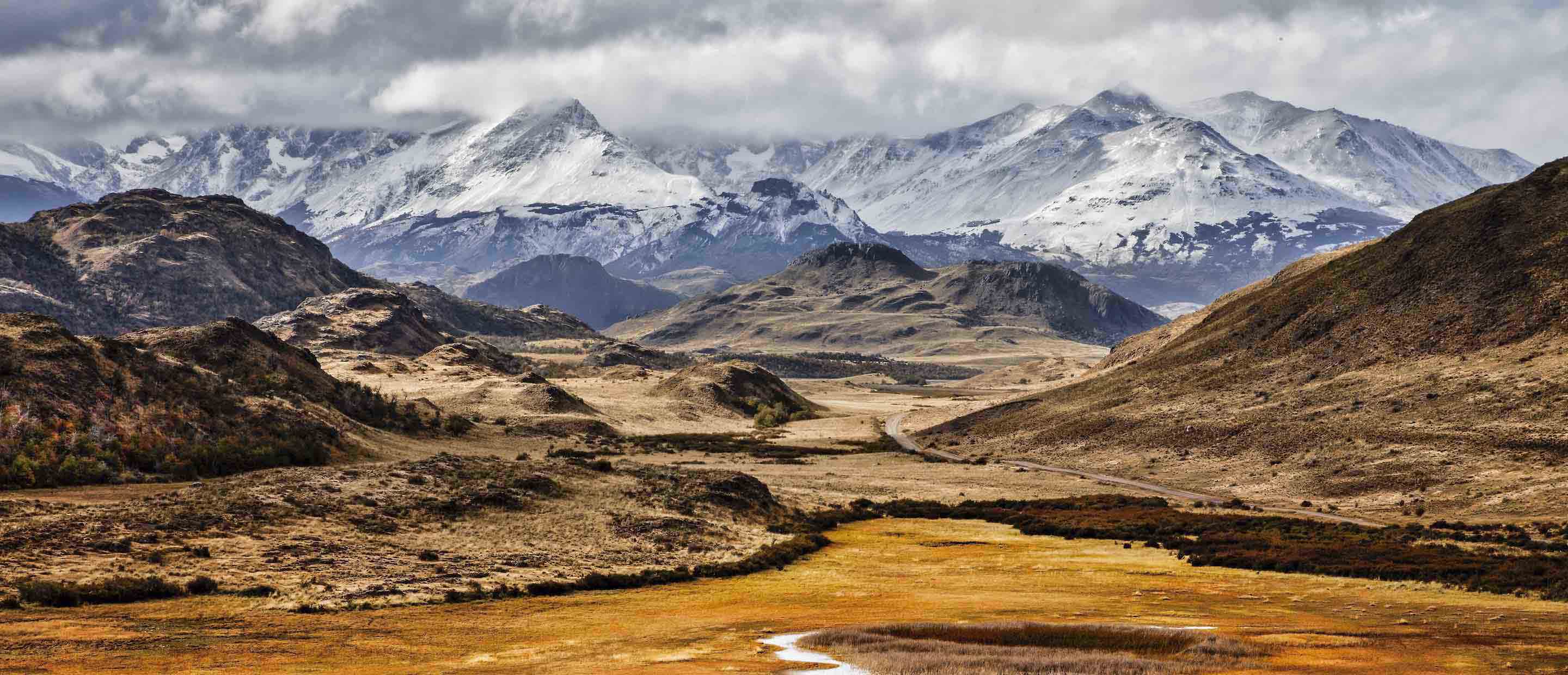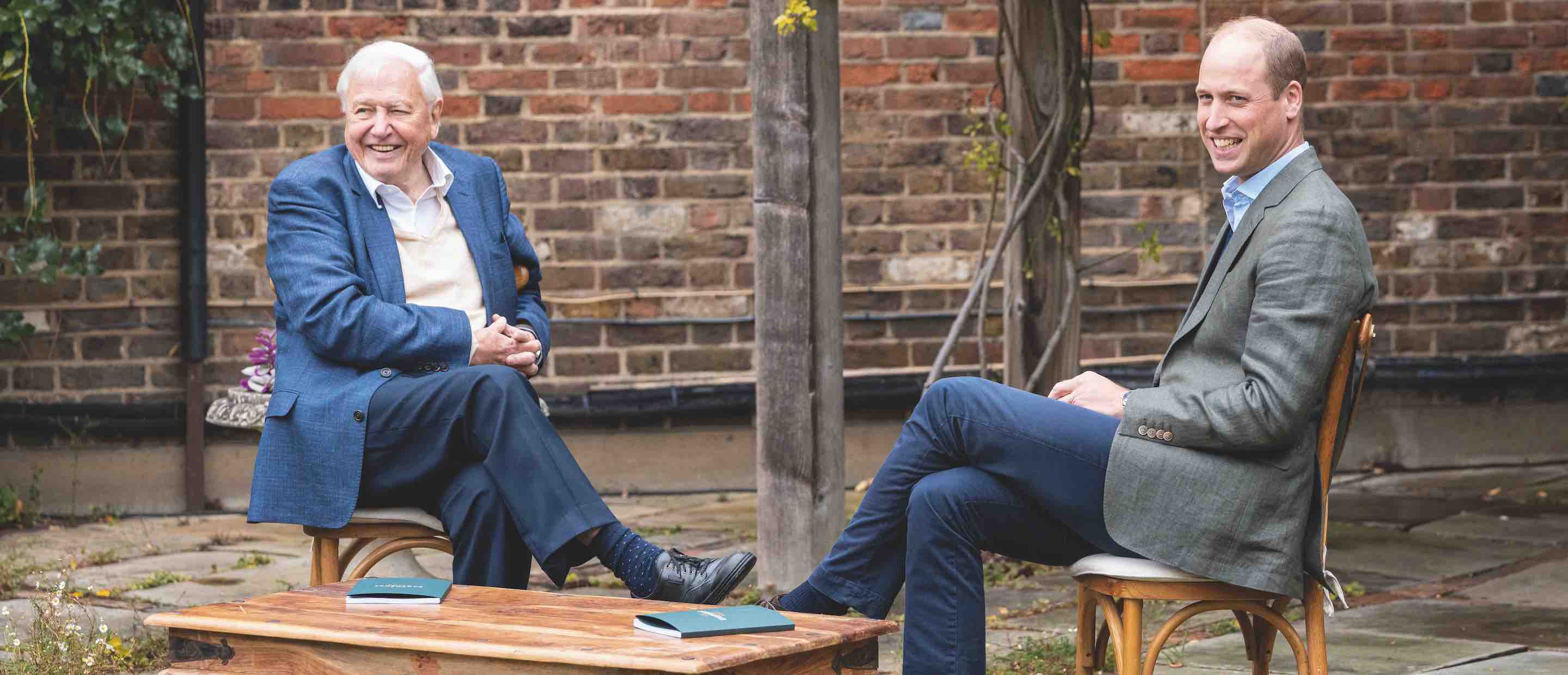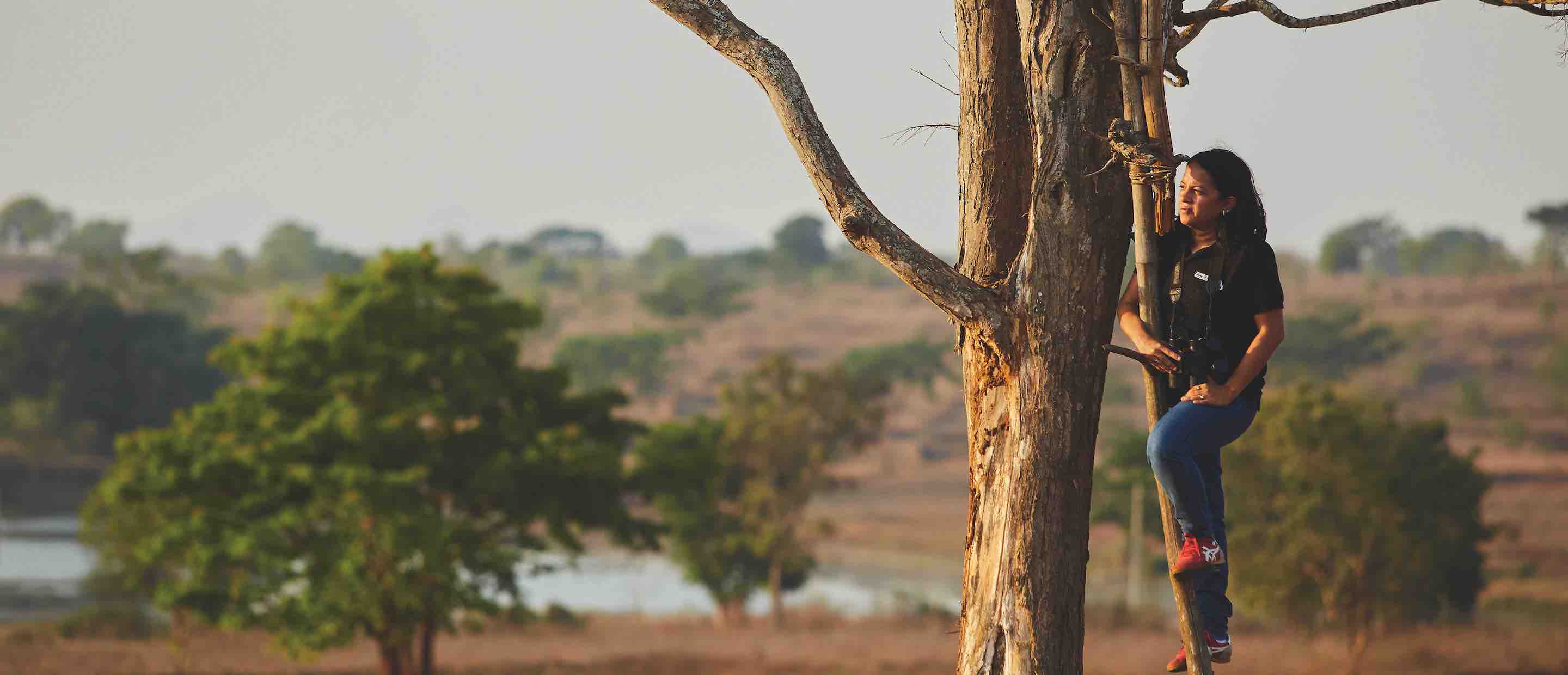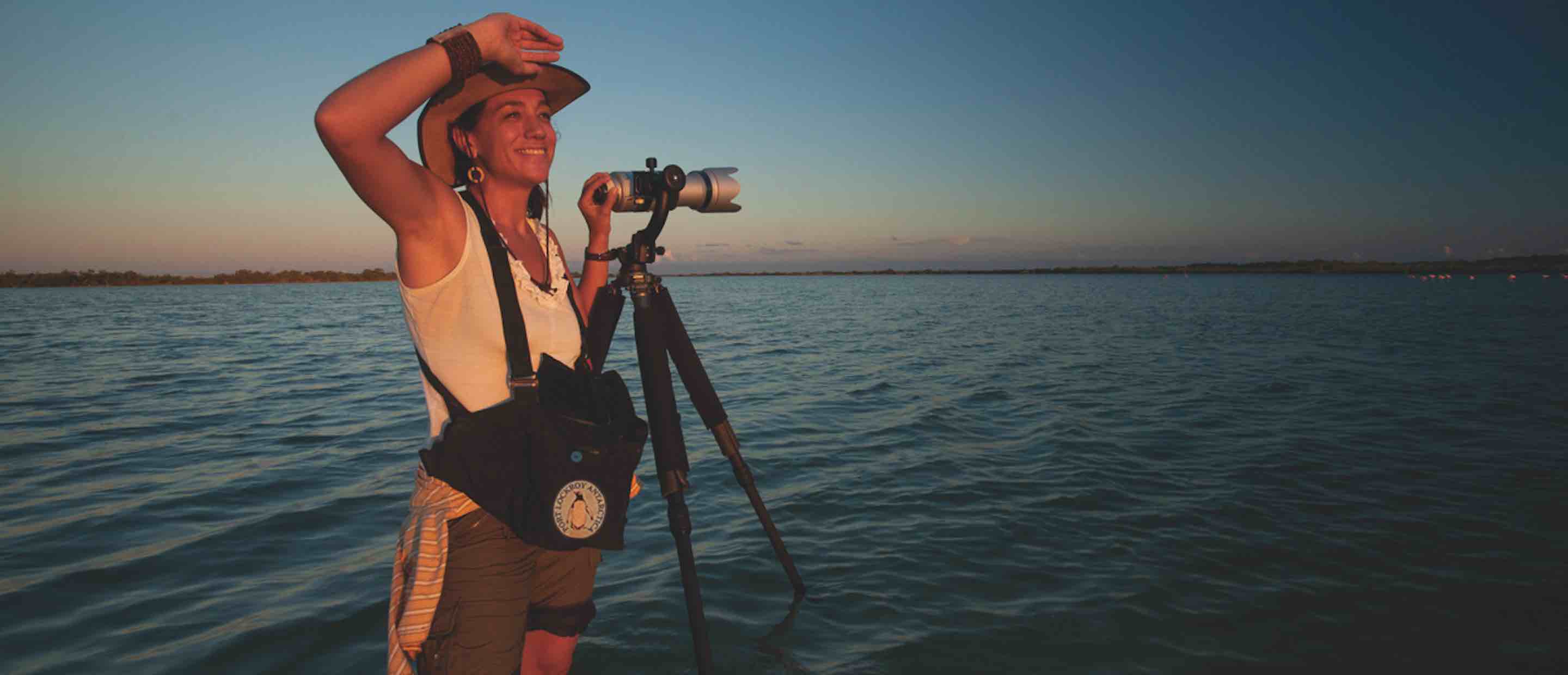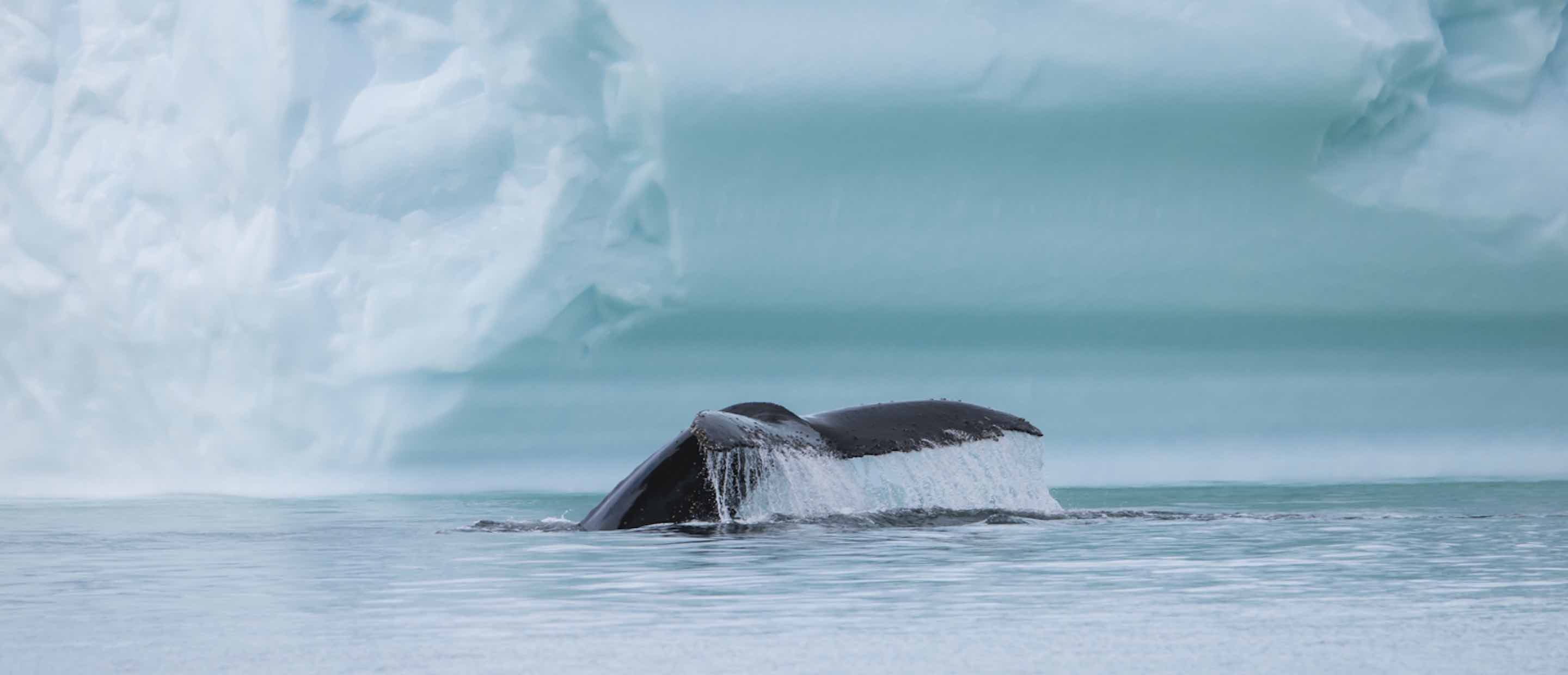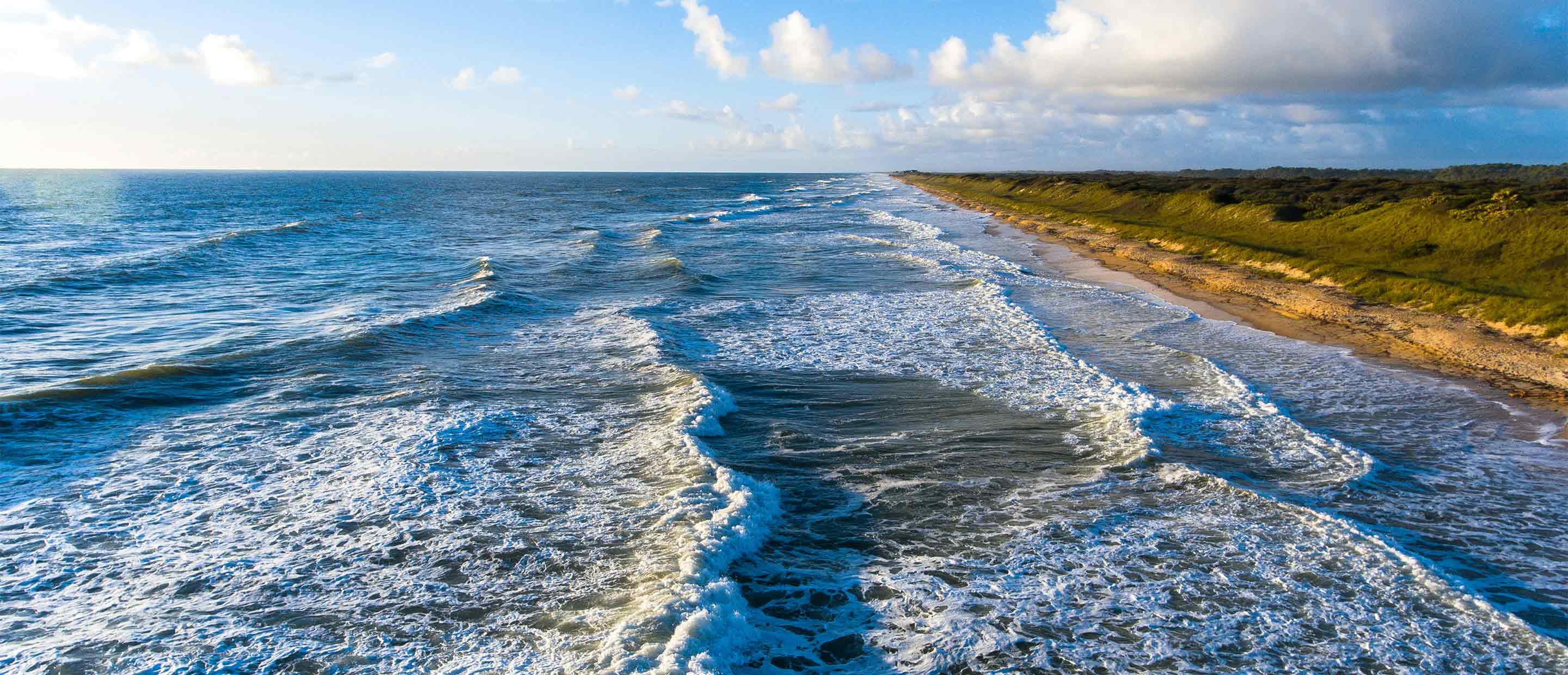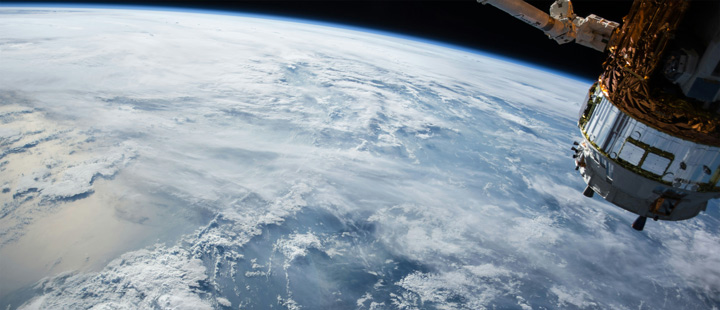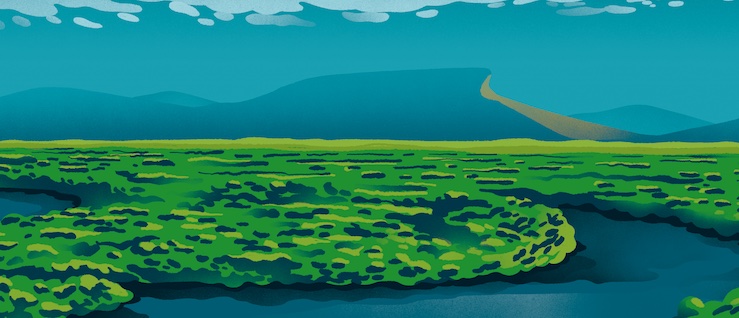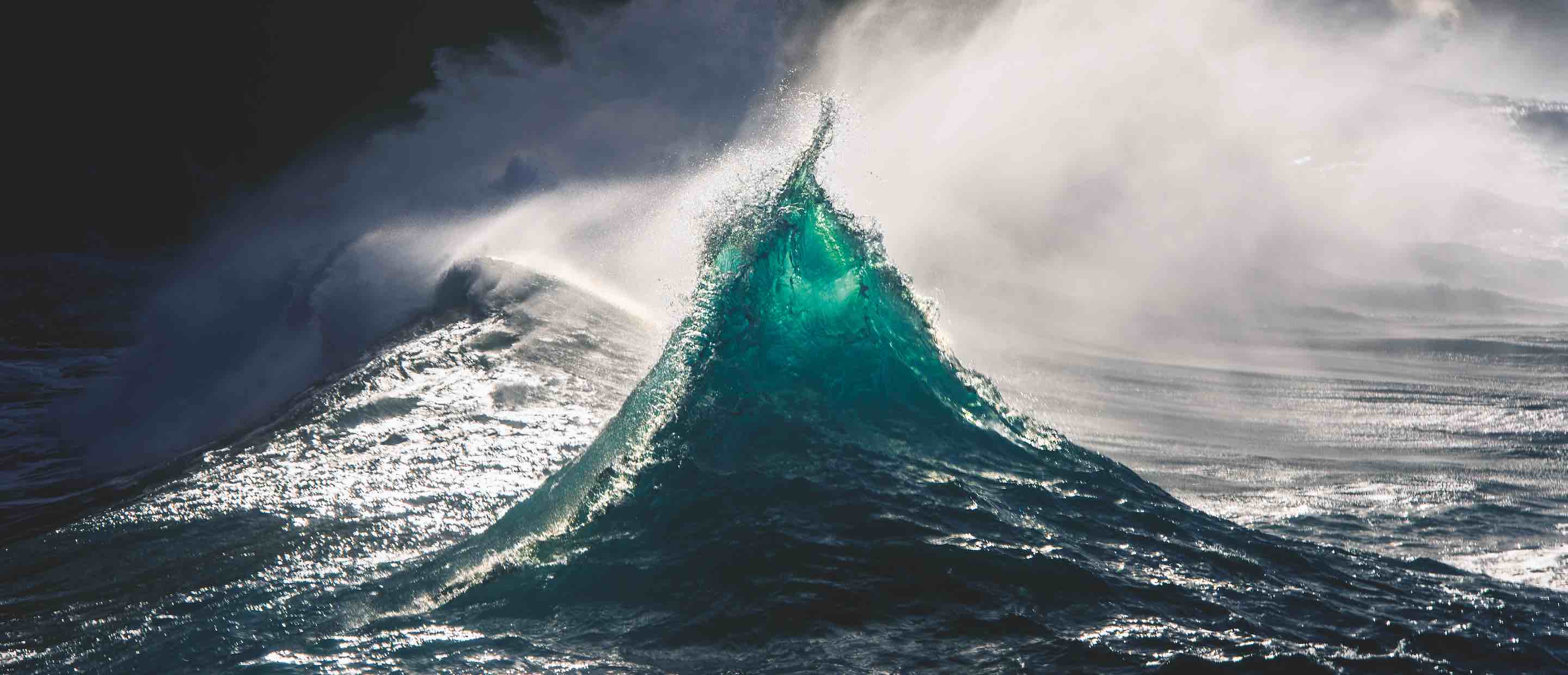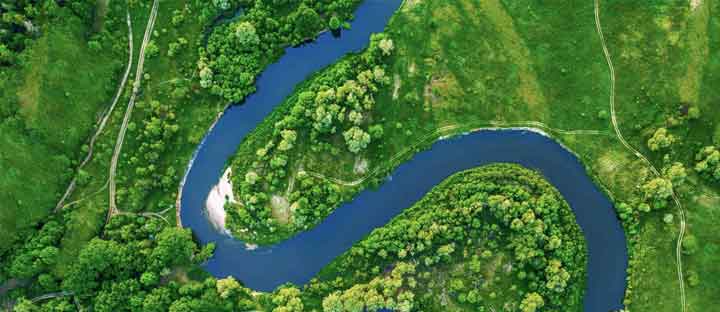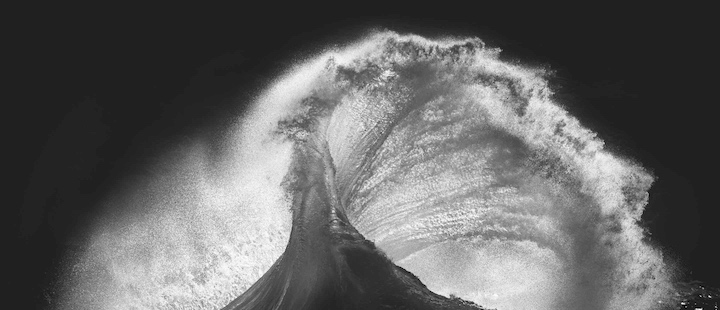The Earth’s biodiversity is vital to us all but it is now under increasing threat. Michael Marshall introduces and compiles a list of the scientists, business leaders and organisations who are taking action.
Saving the world’s endangered species is one of the best things we can do to protect our lifestyles and ensure that our species thrives. Across the world, many organisms are in decline, their populations falling and their habitats shrinking. Insects, for example, are estimated to be declining by 0.92 per cent a year, which amounts to a fall of one quarter every 30 years. That is a steep fall.
Why should we care? One reason is that some insects, such as butterflies, are thought to be beautiful or interesting and we would miss them. But what about the insects we are less keen on? Wasps sting us and ruin barbecues and it is tempting to think we would be better off without them. But wasps are predators, and much of their prey consists of pests that damage our crops. Without wasps, these pests would deplete our food supply.
This is an example of what ecologists call an ‘ecosystem service’, which describes something an organism does that benefits us. Some of these are obvious. For example, many organisms are sources of food. But others are more subtle. Whales often feed deep underwater but defecate near the surface. This fertilises the upper layers of the ocean, triggering phytoplankton blooms that remove carbon dioxide from the air and slow climate change.
The scale of these ecosystem services is staggering. A 2011 study put their global value at $125 trillion per year. That year, the total value of the world economy was $73 trillion – so the ecosystem services were worth almost twice as much. By destroying them, we are harming ourselves. This leads us to a dramatic conclusion – that while preserving biodiversity requires a huge effort ($76 billion per year just for land animals, by one estimate), it would be worth it because we would all benefit.
To succeed, we will have to pay more attention to the world’s leading defenders of biodiversity – among them, the 40 leaders, doers and philanthropists below.
Michael Marshall is a science journalist writing about biodiversity and related matters for publications including New Scientist and Scientific American.
Scientists & Experimenters
ANNE LARIGAUDERIE
Executive Secretary of the Intergovernmental Platform on Biodiversity and Ecosystem Services (IPBES)
French ecologist who studied the impacts of climate change on ecosystems, and now works to link conservation science and policy.
LOUISE VET
Former director of the Netherlands Institute of Ecology (NIOO)
Biologist who studies ecological communities and works to make the economy and environment benefit each other rather than competing.
TIM FLANNERY
Chief Councillor, Climate Council
Australian biologist who has discovered many new species of mammal and is now studying how ecosystems can slow climate change.
PETER DASZAK
President, EcoHealth Alliance
Expert on disease ecology, focusing on how environmental harms like deforestation can drive diseases to spread from animals to humans.
DAVE GOULSON
Professor of Biology (Evolution, Behaviour and Environment), University of Sussex
British ecologist who has studied the impacts of pesticides such as neonicotinoids on pollinating insects, founder of the Bumblebee Conservation Trust
CRISTINA MITTERMEIER
Co-founder, SeaLegacy
Biologist and photographer, who founded both the International League of Conservation Photographers and SeaLegacy to raise the profile of conservation.
DAVE MECH
Senior Research Scientist, US Geological Survey
American biologist specialising in wolf behaviour who disproved the idea of wolf ‘alphas’, and is a leading figure in carnivore conservation.
MARTEN SCHEFFER
Professor of Aquatic Ecology and Water Quality Management, Wageningen University
Dutch ecologist studying how ecosystems undergo sudden shifts in response to human pressure, and how to avoid these tipping points.
PURNIMA DEVI BARNAM
Founder, Hargila Army
Indian wildlife biologist focused on saving the threatened greater adjutant stork, by means of her all-female grass-roots conservation group.
KRITHI KARANTH
Chief Conservation Scientist and Executive Director, Centre for Wildlife Studies, Bengaluru
Scientist specialising in the human dimensions of conservation. She is also a faculty member at Duke University and India’s National Centre for Biological Sciences.
Business Leaders
VIRGINIE HELIAS
Chief Sustainability Officer, Procter & Gamble
French brand marketer who is driving P&G’s move towards a circular economy approach to manufacturing by making recycled products ‘irresistible’.
YVON CHOUINARD
Founder, Patagonia
His outdoor clothing company offers free product repairs, and donates a percentage of profits and sales to grass-roots environmental groups.
EYAL SHOHAT
Chief Executive Officer, SodaStream International
The company Shohat leads is trying to reduce plastic waste, which can harm marine species, by promoting its reusable bottles.
EMMANUEL FABER
Chief Executive Officer, Danone
This multinational food company is part of a global alliance to promote regenerative agriculture, reduce monoculture and restore damaged habitats.
ALAN JOPE
Chief Executive Officer, Unilever
This multinational has won environmentalist plaudits for its ten-year Sustainable Living Plan and will announce a new version this year.
THOMAS BUBERL
Chief Executive Officer, AXA
The insurance corporation that Buberl leads doubled the size of its biodiversity and climate impact fund to $350 million in 2020.
ROBERTO DE OLIVEIRA MARQUES
Chief Executive Officer, Natura &Co
Marques drove the company’s Commitment to Life for 2030, which promised to grow its Amazon preserve to three million hectares.
GUO GUANGCHANG
Chairman and Executive Director, Fosun International
Chinese businessman who supported the 2020 International Union for the Conservation of Nature (IUCN) Call to Action on biodiversity, demanding governments establish policies to reverse nature loss.
SHINTA WIDJAJA KAMDANI
Chief Executive Officer, Sintesa Group
With strategic investments, Sintesa is implementing the UN’s Sustainable Development Goals in Indonesia, including the building of an eco-tourism business and generating renewable energy.
JEAN-PAUL AGON
Chairman, L’Oréal
Under Agon, L’Oréal has cut its water use and promised that none of its products will be linked to deforestation.
Philanthropists & Non-Governmental Organisations
ELIZABETH MREMA
Executive Secretary, UN Convention on Biological Diversity
Tanzanian lawyer who protected migratory animals and in 2020 became the first African woman to head the secretariat governing global conservation.
JONATHAN BARNARD
Chief Executive, World Land Trust
Barnard worked in bird conservation before taking over this charity, which buys and protects land in Africa, South America and Asia.
GINA McCARTHY
Former President, Natural Resources Defense Council
The NRDC has significantly influenced US environmental law, and McCarthy is now also the first White House National Climate Advisor.
DANIEL KATZ
Board chair and Co-founder, Rainforest Alliance
The organisation Katz co-created at the age of 24 has led the way in sustainable forestry, green agriculture and tourism.
INGER ANDERSEN
Under-Secretary-General of the United Nations and Executive Director of the UN Environment Programme
Previously Director-General of the IUCN, in her role at UNEP she is a passionate advocate of action on climate change and joint action on biodiversity.
ANDREW SHARPLESS
Chief Executive Officer, Oceana
Leader of the largest conservation organisation dedicated to the ocean, which has helped protect nearly four million square miles of habitat.
ZHANG XINSHENG
President, International Union for Conservation of Nature
Xinsheng oversees the IUCN, which is most famous for producing the Red List of Threatened Species that tracks extinction risk.
KIM CARSTENSEN
Director General, Forest Stewardship Council
After years at WWF, Carstensen heads an international organisation that works to ensure all forests are managed sustainably.
ANDREA CROSTA
Executive Director and Board Member, Earth League International
Crosta combined his expertise in conservation and high-end security technologies to create WildLeaks, the first whistle-blower site for wildlife crime.
DILYS ROE
Principal Researcher and Team Leader (Biodiversity), Natural Resources, International Institute for Environment and Development
Roe specialises in the human element of conservation, such as helping engage local communities in halting the illegal wildlife trade.
GORDON AND BETTY MOORE
Gordon and Betty Moore Foundation
The pair have given over $1.6 billion to environmental conservation, including helping conserve over 170 million hectares of the Amazon rainforest.
HANSJÖRG WYSS
The Wyss Foundation
Swiss philanthropist who announced in 2018 that he would donate $1 billion to land and ocean conservation over 10 years.
HE QIAONV
Founder, Beijing Orient Landscape & Environment Co.
Chinese landscape architecture entrepreneur who in 2017 pledged to give $1.5 billion towards conservation, possibly the largest conservation donation ever.
ANNE G. EARHART
Founder, Marisla Foundation
American oil heiress whose charitable organisation, founded in 1986, principally funds environmental causes such as ocean conservation and clean energy regulation.
JEFFREY SKOLL
Founder, Skoll Foundation
The first president of eBay, Skoll through his foundation aims to stop deforestation, improve water management and restore ocean ecosystems.
KRISTINE TOMPKINS
Co-founder, Tompkins Conservation
Former CEO who helped establish 11 national parks and two marine reserves in Chile and Argentina, protecting 14.2 million acres.
JANE GOODALL
Founder, Jane Goodall Institute
Arguably the world’s most famous primatologist for her studies of chimpanzees, and a campaigner for conservation that centres on people’s needs.
GEORGE MONBIOT
Journalist
Combining investigative journalism and activism, Monbiot has campaigned against deforestation and for rewilding.
ADITI MAYER
Freelance photojournalist
US-based journalist advocating for sustainable fashion that has a minimal impact on the environment and does not exploit its employees.
PRINCE WILLIAM
Duke of Cambridge
The Prince has campaigned against the illegal wildlife trade, and is one of the founders of the annual Earthshot Prize.
This article first appeared in the Summer 2021 issue of LUX Magazine. This issue features in the third in a series of Deutsche Bank Wealth Management/LUX supplements about our ocean and its importance to both the environmental and economic wellbeing of the planet.
